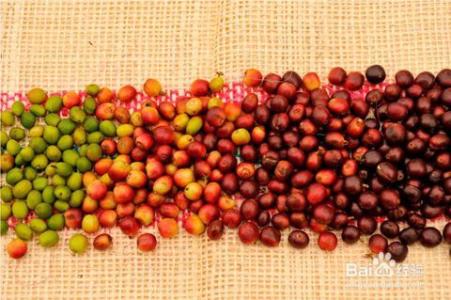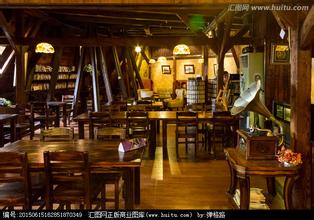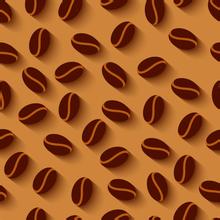Peruvian coffee price brands have those grading characteristics Manor introduction
Peruvian coffee beans
It is most famous for the coffee beans produced in Mayou in the middle and Cusco in the south. In addition, there are also some areas in northern Peru that produce characteristic organic coffee. Organic coffee is made of beans grown in the shade of trees. Although the yield of coffee beans is not high because of the method of planting in the shade, its quality can reach the level of gourmet coffee. This is because shading trees can slow down the ripening of coffee trees, help coffee grow fully, make it contain more natural ingredients, breed better flavors, and reduce caffeine content.
Peruvian coffee is grown in a planned way, which has greatly increased coffee production. Its rich acidity and mellow smoothness are its most prominent features. Peruvian coffee has a soft sour taste, medium texture, good taste and aroma, and is an indispensable ingredient in the production of comprehensive coffee. High-quality Peruvian coffee, with strong aroma, smooth, layered, rich sweet, elegant and mild sour taste, will quietly awaken your taste buds.

Compared with high-quality organic Peruvian coffee, the difference between ordinary organic Peruvian coffee and high-quality organic Peruvian coffee is huge: relatively cheap beans are not only poor in quality, but often have obvious defects in the cup. Especially the grass flavor, overfermented flavor. It takes a lot of work to find good Peruvian coffee beans among a lot of middlemen or other people who can buy them. However, it also takes a lot of hard work to pick sample beans. But that's better than working hard in piles of papers.
The limited edition Peruvian Secret selection Coffee capsule will be added to the "Pure Source" preferred Coffee capsule family for a limited time. Members of the family also include India-Indria Coffee, Colombian Rosabaya Coffee, Brazil-Duso Coffee and Ethiopian Buchilla Coffee.

Important Notice :
前街咖啡 FrontStreet Coffee has moved to new addredd:
FrontStreet Coffee Address: 315,Donghua East Road,GuangZhou
Tel:020 38364473
- Prev

Flavor description of cat droppings coffee beans introduction of manor varieties by grinding scale treatment
Kopi Luwak is produced by the feces of Indonesian coconut cats (a kind of civet) as raw materials, so it is called Kopi Luwak. This kind of animal mainly feeds on coffee beans. After completing fermentation in the coconut cat's stomach, it destroys proteins, produces short peptides and more free amino acids, reduces the bitterness of coffee, and then excretes feces as the main raw material. Because coffee beans cannot be digested, they will be excreted.
- Next

Description of Grinding scale Flavor of Coffee beans in Cuba
Cubita is Cuban coffee, which is mainly exported to Japan, France, Germany, Ireland, Canada and other countries. The cubita coffee entering the Chinese market is all selected from the pollution-free Crystal Mountain coffee beans in the high altitude areas of Cuba, which is a typical Caribbean coffee bean. All the granules of coffee beans are strictly selected according to the standard of sieve 17-19, and the selected coffee beans have large particles and high maturity.
Related
- Detailed explanation of Jadeite planting Land in Panamanian Jadeite Manor introduction to the grading system of Jadeite competitive bidding, Red bid, Green bid and Rose Summer
- Story of Coffee planting in Brenka region of Costa Rica Stonehenge Manor anaerobic heavy honey treatment of flavor mouth
- What's on the barrel of Blue Mountain Coffee beans?
- Can American coffee also pull flowers? How to use hot American style to pull out a good-looking pattern?
- Can you make a cold extract with coffee beans? What is the right proportion for cold-extracted coffee formula?
- Indonesian PWN Gold Mandrine Coffee Origin Features Flavor How to Chong? Mandolin coffee is American.
- A brief introduction to the flavor characteristics of Brazilian yellow bourbon coffee beans
- What is the effect of different water quality on the flavor of cold-extracted coffee? What kind of water is best for brewing coffee?
- Why do you think of Rose Summer whenever you mention Panamanian coffee?
- Introduction to the characteristics of authentic blue mountain coffee bean producing areas? What is the CIB Coffee Authority in Jamaica?

